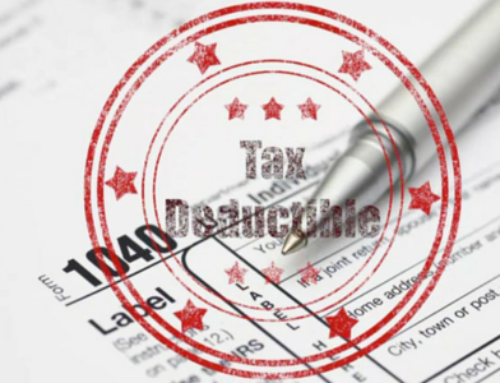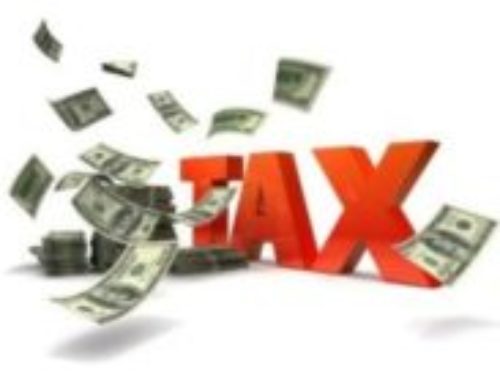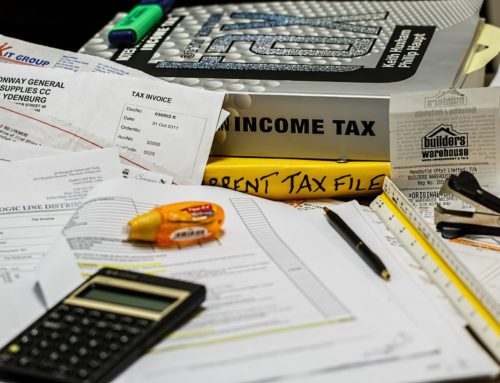Being a landlord may have its own set of headaches – often coming in the form of tenants – but financially, the benefits are often well worth the hassles. You need to consider your own particular situation, but there are many benefits and few drawbacks to owning rental property.
As a homeowner, you can deduct your mortgage interest from your taxes, but not much else. A rental property, however, is handled very much like any business, with income and expenses.
Rental Income
Obviously, the money renters pay to you counts as income. But there are a few other items that must be considered rental payments. If a tenant pays you rent “in kind,” with goods or services instead of cash, you must still report the rent payment-in-kind as a cash payment. Similarly, if a tenant pays an expense or repair not specifically defined in the lease agreement and deducts it from the cash payment, you must still declare that portion.
Expenses to Offset Income
Any expenses pertaining to the rental property that are considered ordinary or necessary can be deducted. This is where the advantages of owning rental property come in. These expenses include items such as:
- Mortgage interest
- Property taxes
- Maintenance and upkeep
- Management
- Insurance
- Necessary repairs
- Utilities not covered by tenants
- Travel costs to visit and maintain units
- Legal fees for necessary legal actions
- Employee wages and entertainment expenses
- Payments of contractors (keep their tax ID #)
- Meals and entertainment for business colleagues and clients up to 50%
- Depreciation of property
Property depreciation is spread over 27.5 years for residential properties and 39 years for commercial properties and is calculated on the building value, not on the value of the land. This deduction alone guarantees a given amount of rental income with no tax penalties.
Keep all your receipts and clearly catalog contractor expenses. Keep in mind that necessary upkeep is covered, but not unnecessary upgrades. You may want to renovate in order to charge a higher rent. Although this may be a valid business choice, you must tread carefully when defining what is a “necessary repair” versus a renovation.
This is just one reason why it’s helpful for a rental property owner to consult with a professional who is an expert in the field of rental accounting. Besides being able to help the owner determine which upgrades, travel costs, or entertainment expenses can be claimed, a professional can also point out deductions owners often miss. There are also other issues to consider: carrying over rental losses in excess of gains, the best tax practices when selling your property, and more.
There are many benefits to owning rental property, which explains why the old adage “a fortune was made in real estate” is often true. If you would like to discuss your particular situation and determine if we can help you make rental properties work for you, we invite you to come in and meet with us.





